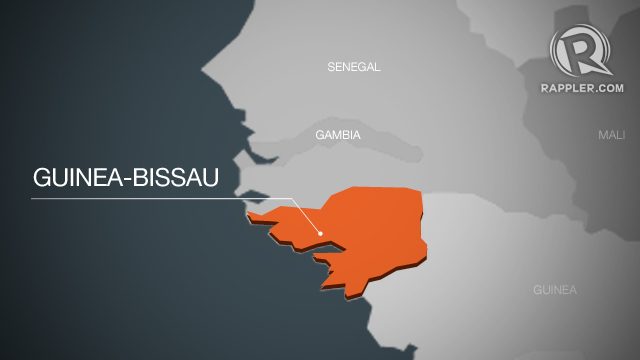SUMMARY
This is AI generated summarization, which may have errors. For context, always refer to the full article.

BISSAU, Guinea-Bissau – Guinea-Bissau has formed a new government, according to a presidential decree issued early Tuesday, October 13, ending a two-month political stalemate in the coup-plagued west African nation.
The country has been in turmoil since President Jose Mario Vaz fired prime minister Domingos Simoes Pereira on August 12 over a series of disputes, placing the head of state at loggerheads with his ruling African Party for the Independence of Guinea and Cape Verde (PAIGC).
The new team includes 15 ministers and 14 secretaries of state, mostly from the previous government and the ruling PAIGC.
The natural resources and interior portfolios have not yet been assigned and will be managed by 81-year-old acting premier Carlos Correia, who became the third prime minister in just over a month after he was appointed in September.
“The choice of cabinet members is the responsibility of both the president and the prime minister. Selecting from the names put forward requires a level of agreement that has not yet been met in full,” said a statement from the presidency released on state media.
Opposition groups the Party for Democratic Convergence (PCD) and the Union for Change (UM) are also represented in the new government, although the second-biggest party – the Party of Social Renovation – chose not to participate.
Instability in Guinea-Bissau, which gained independence from Portugal in 1974 after a war with its colonial power lasting more than 10 years, is nothing new.
The country has suffered intermittent unrest since its liberation, as well as a series of military coups attributed largely to the unprecedented bloating of the army after the war.
The chronic volatility has fanned poverty in the country of 1.6 million, with few resources other than cashew nuts and fish, attracting South American drug cartels who turned it into a cocaine-trafficking hub. – Rappler.com
Add a comment
How does this make you feel?
There are no comments yet. Add your comment to start the conversation.